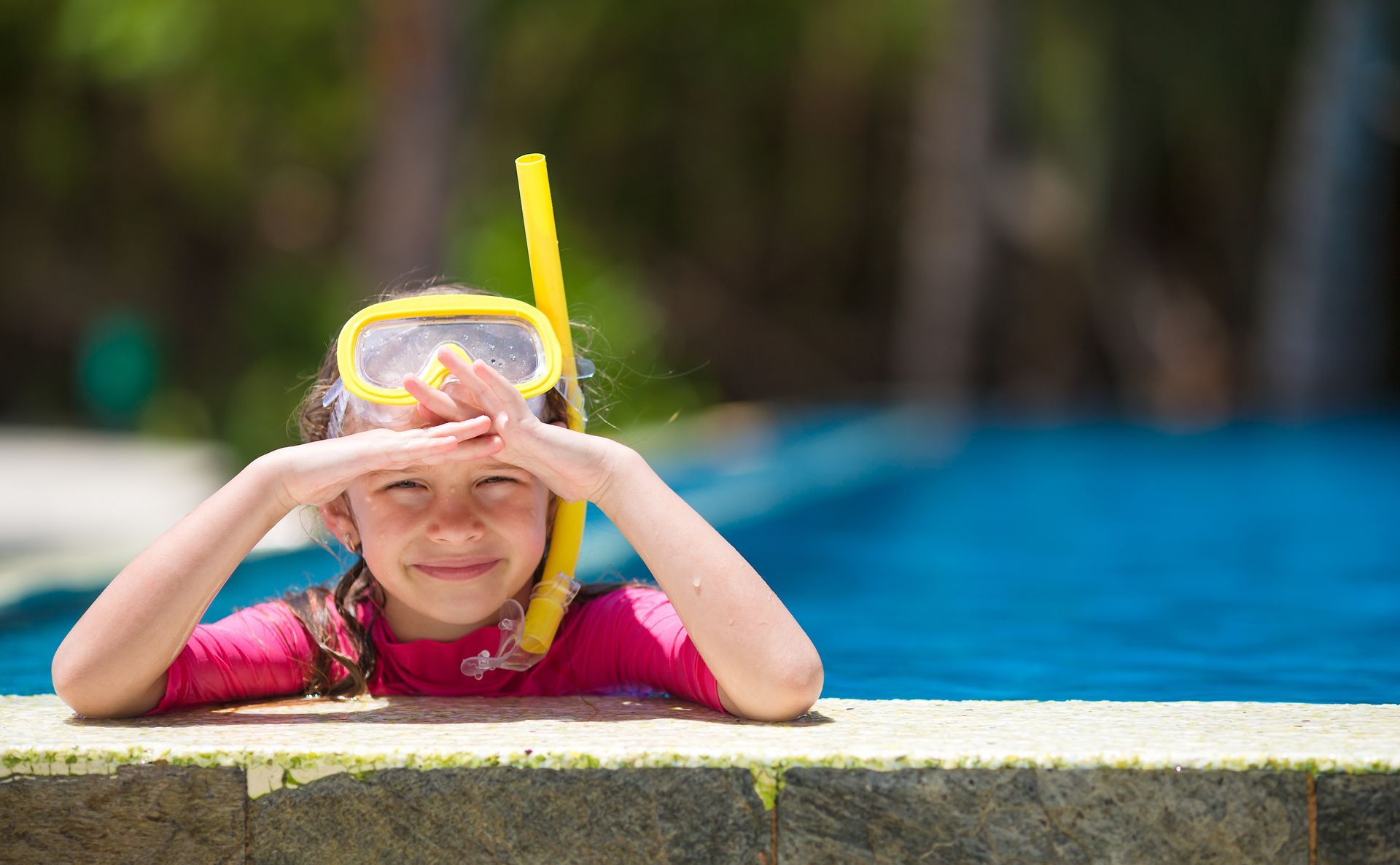What You Need to Know About Youth Mental Health in 2019

The mind of a young child can seem like a total mystery to many adults. Though all adults went through the same stages of development, it’s nearly impossible to remember what it is like to feel such intense and unregulated emotions, explosive moods, and irrational fears. This can lead many parents and caregivers to worry that something is wrong with their child when they show signs of obsessive behavior or have trouble paying attention.
In reality, most children just need time for their young minds to develop neural pathways before they can better regulate their thoughts and actions. But for a handful of children, those inhibiting behaviors never go away, even as they reach an age where they should have outgrown certain behaviors.
Photo Credit: AndreyPopov
Preventive Programs
In fact, studies show that one in five children in America has some type of emotional or behavioral condition. Luckily, there are a growing number of options to help treat these youth mental health illnesses, and new preventive programs to help kids avoid such illnesses as they get older.
For example, Arizona State University hosts a special program called New Beginnings to help walk families through crises like divorce or the death of a parent. This reduces the likelihood of mental illness in kids by up to 36 percent. Similar programs across the country have helped to lower rates of drug and alcohol abuse in kids as well.
Managing Mental Illness
Preemptive measures aren’t a catch-all to avoid mental illness in kids, but there are excellent treatment options for those children who do need help managing their condition. These treatments cover the full scope of health and can also be beneficial to older people and even those who do not have a mental health condition.
Diet and Nutrition
Experts report that proper nutrition can improve brain function as well as help the body fight off other physical illness. They recommend a diet rich in nutrient-dense vegetables and fruits, as well as nuts, unsaturated oils, and lean proteins. Foods like plant-based proteins and fish can help prevent dementia and are an important part of brain health nutrition.
Emotional Processing
Many mental illnesses spur from poorly managed emotions. Taking time for self-care and processing emotions will help prevent debilitating anxiety or depression. Some ways to process emotions include talking through problems with a trusted friend, writing in a journal, taking a walk, and meditating.
Social Interaction
Having a strong social network is vital to sound mental health. Friends and family can bolster a person in times of need and bring much-needed connection. Those wanting to manage or prevent mental illness should make an effort to strengthen and maintain many friendships. Even people who are busy should make time for social outlets like a monthly book club, weekly lunch date, or daily phone call.
Brain Stimulation
Just like physical bodies, brains need regular exercise. This can be accomplished through brain games like puzzles, trivia, memorization, or similar activities. Reading and other healthy brain exercises help to stimulate connections between nerve cells, which prevents future cell loss. Kids should limit screen time and replace it with learning activities or imaginative play.
Physical Activity
Exercise sends oxygen to the brain, and that oxygen helps to create new nerve cells and improve thought processes. Exercise is also known to boost endorphins and mood, so those who are prone to depression can look to working out as a powerful medicine. Exercise also helps to lower blood pressure, improve cholesterol levels, reduce mental stress, and much more.
Swimming to Cope with Mental Illness
As mentioned, any physical exercise is a great option for those working through or wanting to prevent mental illness, but swimming is particularly beneficial. Studies show that swimming can significantly decrease anxiety and depression. Some doctors prescribe swimming as an antidepressant and believe it can be done in lieu of taking pills. The rhythmic patterns are like a meditative experience for many people, kids and adults alike.
If you’re looking to enroll a child in swim lessons, check out SwimJim. Our friendly, fun environment has helped countless children learn to swim while feeling safe and at ease. We have a thoughtful approach to swimming and are dedicated to helping every student learn proper technique. Sign up for a trial class and discover how swimming can benefit your child’s life today.
The post What You Need to Know About Youth Mental Health in 2019 appeared first on Swim Jim.







